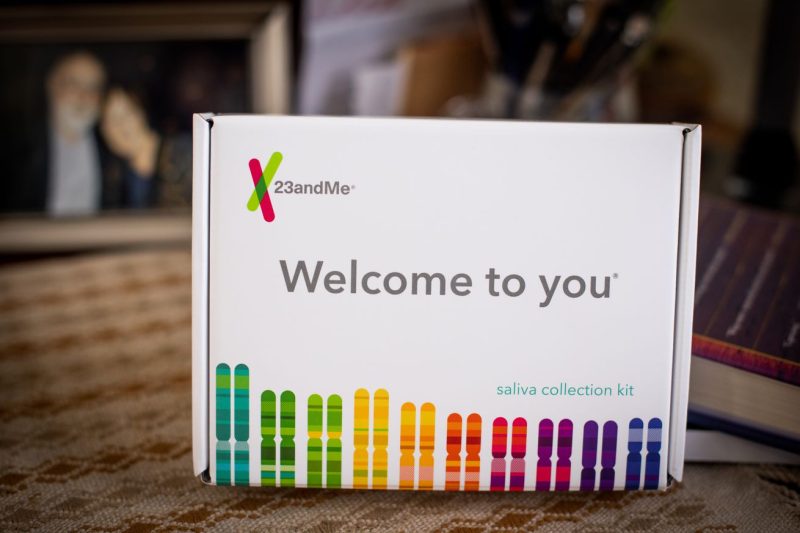In a recent turn of events, the genetic testing company, 23andMe, has agreed to settle a lawsuit by paying a hefty sum of $30 million following a significant data breach. This incident has caused a stir in the industry and raised concerns about the security of sensitive personal information.
The lawsuit, which was filed in California, alleged that 23andMe failed to adequately protect the genetic data of millions of its customers. The company’s database contains a vast amount of genetic information, including sensitive data related to health risks, ancestry, and other personal details. The breach exposed this information to potential misuse or unauthorized access, putting the privacy and security of customers at risk.
As part of the settlement, 23andMe has agreed to provide affected customers with credit monitoring services and enhanced data security measures to prevent future breaches. Additionally, the company will implement stricter protocols for handling and storing customer data to ensure better protection in the future.
This incident serves as a cautionary tale for companies that handle sensitive personal information, particularly in the healthcare and biotech sectors. With the increasing reliance on technology and digital platforms, the protection of customer data must be a top priority for businesses to maintain trust and avoid legal repercussions.
Moreover, this settlement highlights the importance of strict regulatory oversight and accountability for companies that collect and store personal data. Customers must have confidence that their information is being handled responsibly and securely, and companies must take proactive measures to uphold this trust.
In conclusion, the 23andMe data breach and subsequent settlement emphasize the critical need for robust data security practices and compliance with privacy regulations. Only by prioritizing the protection of customer data can companies build and maintain trust with their consumers in an increasingly connected and data-driven world.

